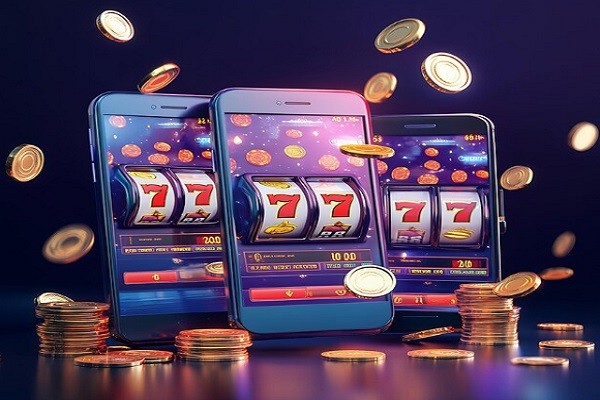Cognitive Biases in Slot Play: How Our Minds Shape Our Slot Experiences

Slot machines have become one of the most popular forms of entertainment, offering players a mix of excitement, anticipation, and the hope of striking it big. While slot machines might appear to be purely based on chance, our experiences playing them are influenced by more than just the random spinning of reels. The way we think and perceive the game can significantly shape our slot play. This is where cognitive biases come into play.
What Are Cognitive Biases?
Cognitive biases are mental shortcuts or tendencies that affect how we process information, make decisions, and form judgments. These biases often lead us to interpret situations in ways that deviate from rational thinking. In the context of slot play, they can influence how we view our chances of winning, the value of continuing to play, and the overall gaming experience.
When you sit in front of a slot machine, your mind may be processing the experience in ways that you’re not even aware of. These biases can either make the game more thrilling or lead to misconceptions that may not align with reality.
The Illusion of Control: Feeling in Charge
Another significant cognitive bias that shapes our slot experience is the illusion of control. This bias occurs when players feel that they influence an entirely random outcome. Slot machines are designed to be engaging, and elements like stopping the reels yourself or choosing the number of paylines can create a sense of control at fyp138.
In reality, no amount of interaction with the machine will change its programmed randomness. But the feeling of control can make the experience more engaging, even if it doesn’t affect the outcome. This is one reason why players might spend more time on machines that offer more interaction, believing that they can somehow influence their luck.
Availability Heuristic: Remembering the Wins
Our minds are wired to give more weight to recent or dramatic events. In slot play, this is known as the availability heuristic, where players tend to recall their big wins more easily than their losses. This bias can skew our perception of how often we win on the slots, making us think we are winning more frequently than we are.
Slot machines are built to capitalize on this bias by providing celebratory sounds and animations when a win occurs, no matter how small. These effects make the win more memorable, reinforcing the feeling of success, even if the overall balance shows more losses than gains. This selective memory can keep players coming back to the machine, convinced that they’ve been luckier than they have.
Anchoring: Sticking to Initial Impressions
Anchoring is another bias that plays a role in slot machine experiences. It refers to the human tendency to rely heavily on the first piece of information we encounter when making decisions. In slot play, a player’s initial experiences can set the tone for how they perceive the game.
For example, if a player starts with a big win early in their session, they might anchor their expectations around that win, believing that similar success will continue. This can lead them to play longer than they intended, expecting that the next spin will bring the same kind of reward.
On the flip side, a string of early losses might lead to the opposite effect, where players feel discouraged and stop playing, thinking the machine is “cold.”
The Sunk Cost Fallacy: Chasing Losses
The sunk cost fallacy is another powerful bias that can shape a player’s slot experience. This bias occurs when someone continues to invest time, money, or effort into something because they’ve already put so much into it, even if it’s no longer rational to do so.
In slot play, players might continue to feed money into a machine after several losses, believing they have to “get back” what they’ve already lost. They feel that since they’ve already invested so much, they need to keep going, even when the odds of winning haven’t changed. This can lead to longer playing sessions and more significant losses.
Conclusion
Cognitive biases play a significant role in how we experience slot machines, influencing our perceptions, decisions, and overall enjoyment of the game. From the gambler’s fallacy to the near-miss effect, these mental shortcuts can lead us to see patterns where none exist, chase losses, or feel overconfident in our abilities.